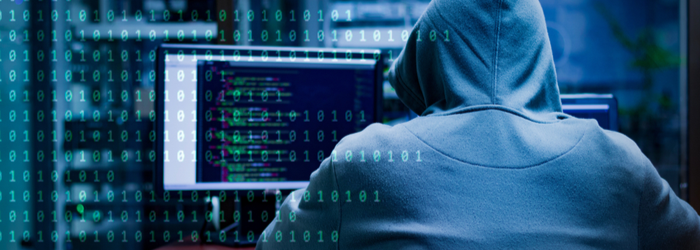If the current state of affairs with Russia and Ukraine have you feeling concerned about your cybersecurity, your Spidey senses are spot on! Yes, business leaders and IT security teams should be concerned about their cybersecurity at this time. In fact, in February as tensions were building before the actual war broke out, the U.S. Department of Justice issued a warning that all should harden their security postures.
What cyberattacks could businesses expect?
First, let’s not forget the potential for havoc that a state-sponsored cyberattack can bring by remembering the ransom attack on the Colonial Pipeline. Cybersecurity experts anticipate that many organizations will see an uptick in cyberattacks because of the Russian-Ukrainian conflict, including, but not limited to:
- Phishing attempts
- Distributed Denial-of-Service (DDoS) attacks
- Ransomware attacks
- Activation of persistent malware
No organization from the largest to the smallest company, private or public company, governmental agency or infrastructure sector is immune to the potential for cyberattacks. Security experts also recommend that attention should be focused on organizations that are essential to a functioning society like:
- Local banks
- Hospitals
- Health clinics
- Local city offices
- Schools
- Retailers
It is possible that some businesses may have been compromised previously, such as in the cause of activating malware that has been previously and unknowingly downloaded to networked systems that provide a back door into systems. These cyberattack victims could experience:
- Encrypting of their vital data
- Deletion of data
- DDoS attacks
- Extortionware
How can you prepare your organization for increased cyberthreats?
While it is impossible to entirely anticipate when and what cyberattacks are coming, the first step to improving your cybersecurity structure is to, at a minimum, establish a baseline according to an industry-standard framework such as the NIST Cybersecurity Framework. From there, you can determine what other security measures are needed to protect your systems.
The standard best practices that businesses should be implementing on their systems include:
- Implementing strong password policies
- Implementing multi-factor authentication (MFA) for all users and applications
- Checking for and patching system vulnerabilities
- Ensuring that networks are segmented properly
- Regular testing systems for vulnerabilities
- Update your disaster and incident recovery plans
Now that attacks continue on Ukraine, we all need to continue being vigilant with cybersecurity. In the past, whenever Russia has been involved in a conflict, there has been an increase in cybersecurity incidents that are designed to create fear and lack of trust.
Allies who are supporting Ukraine are at the most risk of cyberattacks that could be used to dissuade them from providing support. As the United States and Canada continue to assist the Ukrainian government, we all need to stay on guard.
About hubTGI
With two locations in Toronto, ON, hubTGI is a Managed Services provider that offers Print Services, Workflow Solutions, Managed IT, Cybersecurity Solutions, Cloud Services and VoIP to help their customers control costs, secure their data and make their people more productive.
For the latest industry trends and technology insights visit hubTGI’s Resources page.







